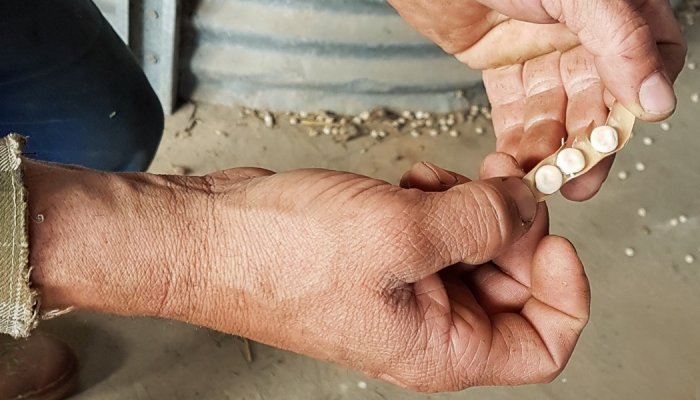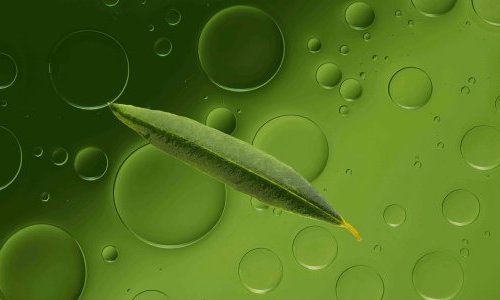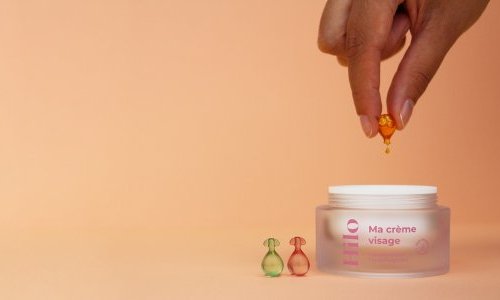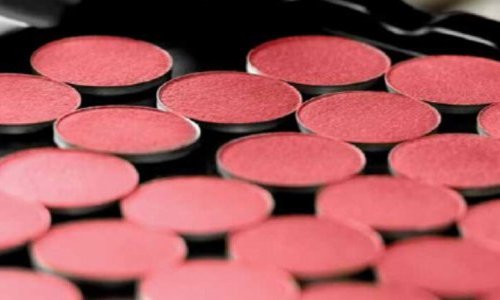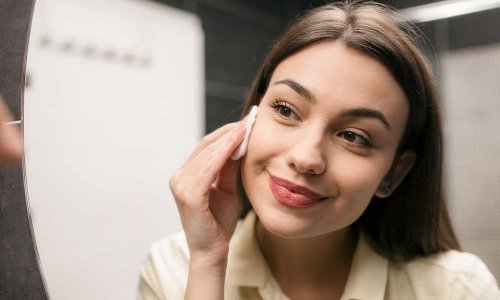Premium Beauty News - How come peptides are becoming so popular in the cosmetics industry?
Sophie Leclère-Bienfait - Most certainly because of their effectiveness! Our skin is mainly made up of water and proteins, i.e. amino acids combined together. Peptides are the building blocks of proteins. As such, they play a crucial role in the body by acting as signals recognised by cell receptors. They are also the building blocks of well-known skin proteins such as collagen, elastin and keratin.
In cosmetics, peptides have many advantages. These are often multifunctional ingredients with different routes of action for anti-ageing, firming, moisturizing, brightening, soothing or even anti-inflammatory effects. In addition, their small size makes them easier for the skin to absorb. And unlike proteins, they rarely trigger an allergic response. And when they are of natural origin, like those offered by Laboratoires Expanscience, they are perfectly in tune with current consumer expectations, in search of effectiveness and naturalness.
Premium Beauty News - How are they different from other popular cosmetic ingredients such as polyphenols, for example?
Sophie Leclère-Bienfait - It’s mainly their mode of action that’s different. Peptides often act as signals for the body, because they can connect to different receptors to induce a response from the body.
For example, when collagen is damaged after a sunburn, the peptides resulting from its degradation will act as a warning signal to the body to trigger the regeneration process and allow damaged proteins to be replaced.
Peptides often act by stimulating the synthesis of useful molecules, whereas ingredients such as polyphenols tend to have a protective effect against external stressors. But the effect of a peptide depends primarily on its size and its ability to connect with cell receptors.
Premium Beauty News - So how does a manufacturer of cosmetic ingredients decide which peptides are the most effective?
Sophie Leclère-Bienfait - Well, that’s the difficulty, especially when it comes to choosing from the huge number of peptides available in nature!
Natural peptides do not have the same plasticity as synthetic peptides, which can be targeted for a specific effect. One of the most widely used methods, bio-mimicry, involves drawing inspiration from nature. We observe the way plants live and the signals they produce.
This is how we developed Aqualicia® Bio [1], a peptide concentrate from the seeds of Acacia macrostachya, a West African shrub that grows in a hot, arid environment. Despite these extreme climatic conditions, the species has adapted and developed a natural strategy for collecting the water it needs to grow. Drawing inspiration from the plant, Aqualicia® Bio provides optimal, dynamic cellular hydration for the skin in conditions of extreme dryness and physical stress.
The same goes for Algaenia® [2], an active derived from Chlamydomonas acidophila, microalgae adapted to extreme pH levels. This peptide concentrate acts like a genuine protective cocoon for the skin.
Another method is to detail the amino acid composition of a peptide to focus on particular activities. Proline, for example, is the most prevalent amino acid in skin collagen. It can be used as a building block for collagen synthesis or as a signal to stimulate collagen synthesis. Its presence in large quantities could therefore serve as an avenue of research.
This method has enabled us to develop Actimp® Powder Bio [3], an active obtained using a bio-enzymatic process applied to 100% French organic white lupin seeds. This protein-rich plant is a major source of molecules for cosmetic and nutritional purposes.
Of course, it’s always tricky, and we sometimes have to carry out extensive screening to better identify the effects of a particular peptide that we think might be of interest.
Premium Beauty News - Expanscience has chosen peptides of natural origin. What is the environmental impact of the methods used to manufacture these ingredients?
Sophie Leclère-Bienfait - Extracting natural peptides is a fairly delicate operation that requires a great deal of technical know-how. But we use biotechnological processes that do not require solvents. Non-GMO enzymes or fermentation processes are used to break down the proteins. The difficulty lies in obtaining the right sizes and mastering the purification stages.
As with our active, we aim to minimise our environmental impact, from the sourcing of the plant to the marketing of the ingredient. That’s why we give pride of place to plants grown organically or harvested in an environmentally-friendly way. We are also very keen to use upcycled by-products.
For example, for Effipulp®, an anti-ageing, plumping and detoxifying active that boosts the synthesis of hyaluronic acid, we use a peptide concentrate extracted from avocado oilcake sourced in Peru. Our avocado supply chain is based on up-cycling and zero waste: fruits removed from the food circuit from which we extract a pharmaceutical active as well as six different cosmetic actives.
The ongoing popularity of natural peptides among cosmetics brands and consumers, particularly in Asia, is therefore perfectly in line with the demand for sustainable, plant-based, multi-functional cosmetic ingredients. Peptides tick all the boxes, and with 6 peptide-rich actives in its portfolio, Expanscience is playing an active part in this revolution.

